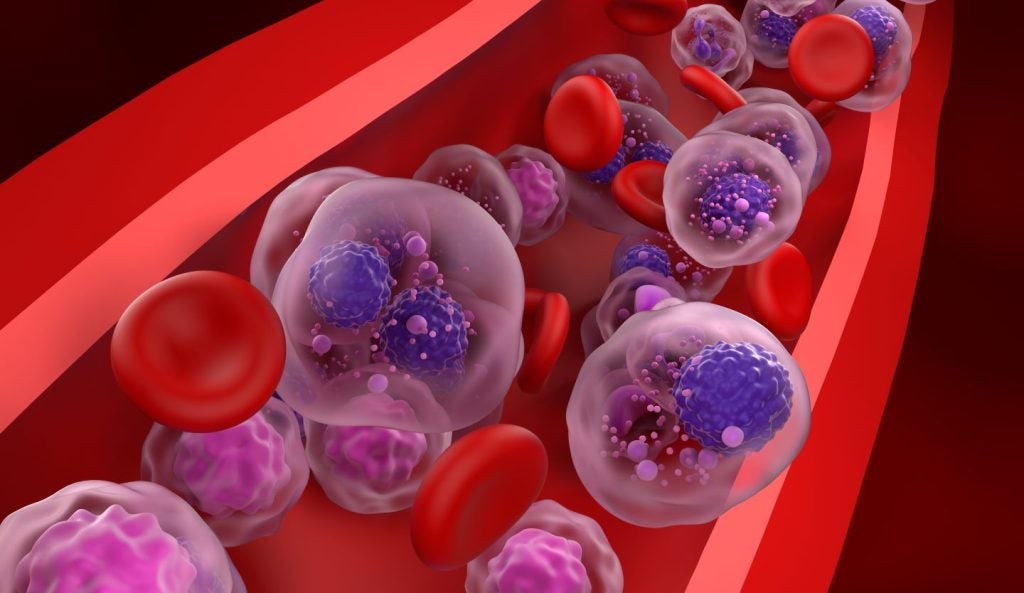Cullinan Oncology is gearing up to advance one of its lead drugs CLN-619 into a Phase I clinical study for multiple myeloma following US Food and Drug Administration (FDA) clearance of its Investigational New Drug (IND).
According to the 1 March press release, the planned Phase I study will comprise of a dose escalation and dose expansion phase testing CLN-619 as a potential treatment for relapsed or refractory multiple myeloma.
CLN-619, an intravenously administered anti-MICA humanized IgG1 monoclonal antibody, is designed to inhibit MHC class I polypeptide related sequence A (MICA) and MHC class I polypeptide related sequence B (MICB) to induce activation of natural killer group 2D (NKG2D) receptors. In engaging these receptors, CLN-619 is hypothesised to promote the cytotoxicity and lysis of NK-mediated tumour cells. As per Cullinan CMO Dr. Jeffrey Jones, CLN-619 is capable of restoring MICA/B expression on tumor cells and enabling immune recognition.
The Phase I study will be the first MICA/B antibody clinical study in hematologic malignancies, according to the company.
The Cambridge, Massachusetts-based biotech is also evaluating CLN-619 as a monotherapy and in combination with MSD’s Keytruda (pembrolizumab) in a Phase I study (NCT05117476) for advanced solid tumours. Cullinan expects “updated” clinical data in Q2 2024.
Cullinan is far from being the only company playing in the multiple myeloma space. Last month, Starton Therapeutics announced that it had activated another site for its Phase Ib STAR-LLD study (NCT06087653) that is evaluating a continuous subcutaneous low-dose lenalidomide in combination with dexamethasone and Takeda’s Velcade (bortezomib).
Also in February, GSK published interim results from the Phase III DREAMM-7 study assessing a combination treatment comprised of its antibody drug conjugate Blenrep (belantamab mafodotin) alongside bortezomib and dexamethasone (BorDex) in a head-to-head comparison against a combination with Janssen Oncology’s Darzalex (daratumumab). The study reported that it found significant improvements in progression free survival (PFS) in patients with relapsed or refractory multiple myeloma.














